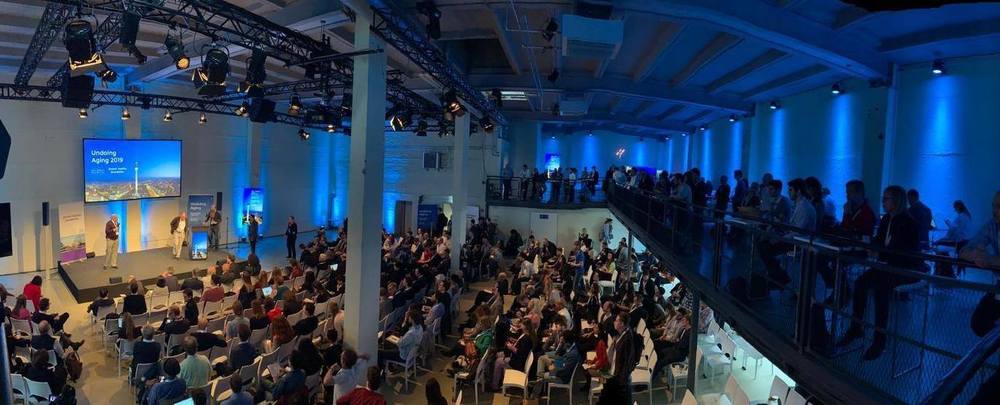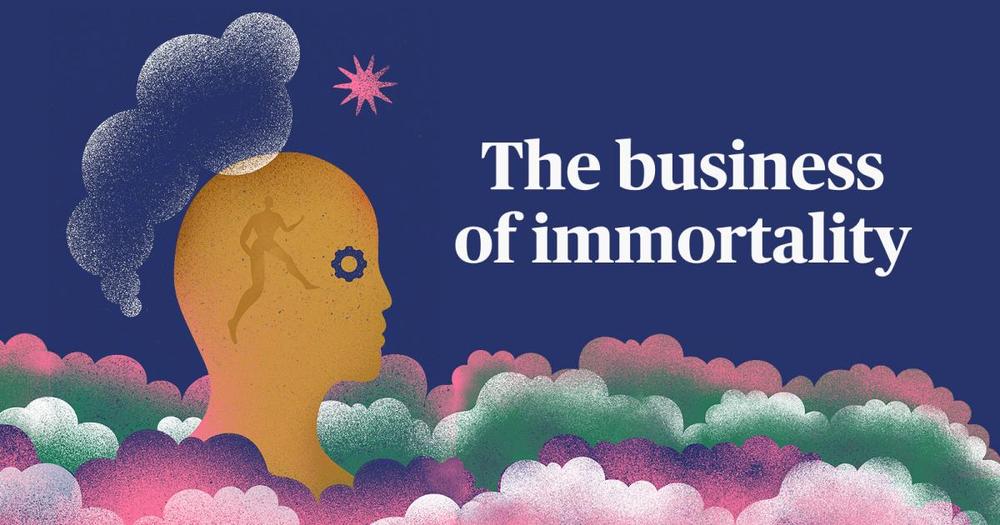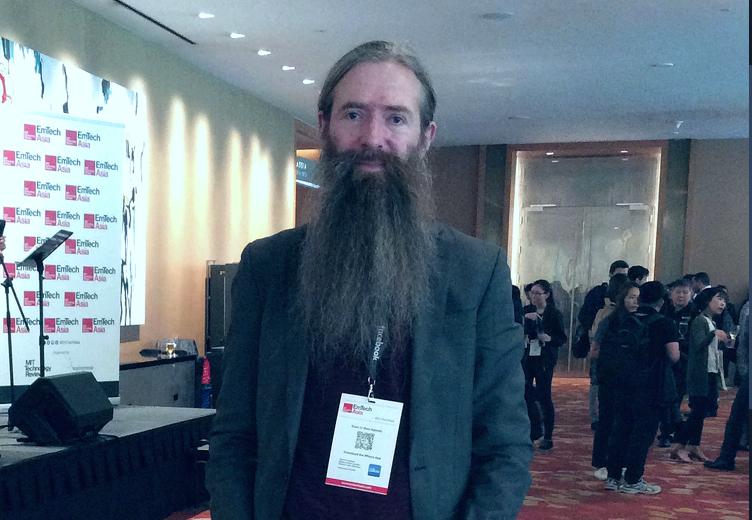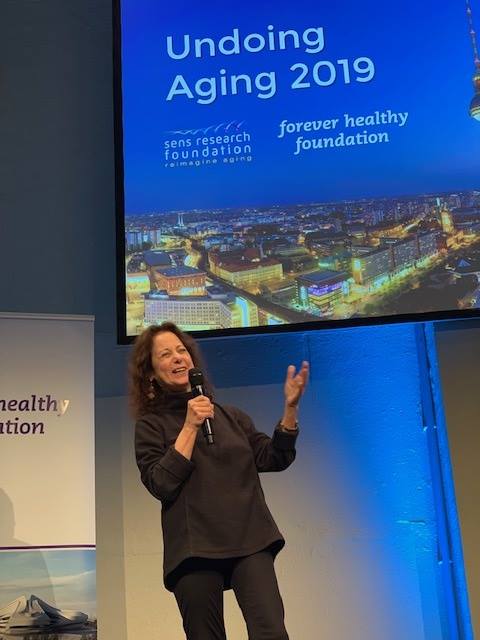A personal report from the recent Undoing Aging conference in Berlin by Nicola Bagalà. The event saw many of the leading figures in aging research and rejuvenation biotechnology attend a packed conference which celebrates its second successful year.
Last Wednesday, I landed in Berlin, Germany at around 12:30. About an hour later, I was briefly in Cafè Alex, right next to the tapering TV Tower, where I met some of my colleagues from LEAF—some of whom I had never seen in person before—as well as other volunteers and members of HEALES, our friend organization. We were all there to attend the Undoing Aging 2019 conference, which would take place over the course of the next three days, bringing together experts and researchers from all over the world to discuss the latest advances, network, and share views on the biology of aging.
Thanks to video calls, meeting people face-to-face whom you’d only known through the Internet isn’t all that strange, but meeting people whom you had only read about or seen on YouTube still feels a little unreal, especially if these people are celebrities in their own field. Shortly after leaving Cafè Alex, we headed to our hotel to check in; Steve Hill and his wife Fatima—whose help over the course of my stay has been invaluable—were talking to the receptionist while Elena Milova and I were waiting right behind them. Elena and I were chatting about various things when a man who looked somewhat familiar walked through the doors; I wasn’t sure he was whom I thought he was, and as I glanced to Elena to ask for confirmation, I understood that he was indeed stem cell pioneer and AgeX CEO Mike West, who has been in the gerontology scene for quite a while now.




